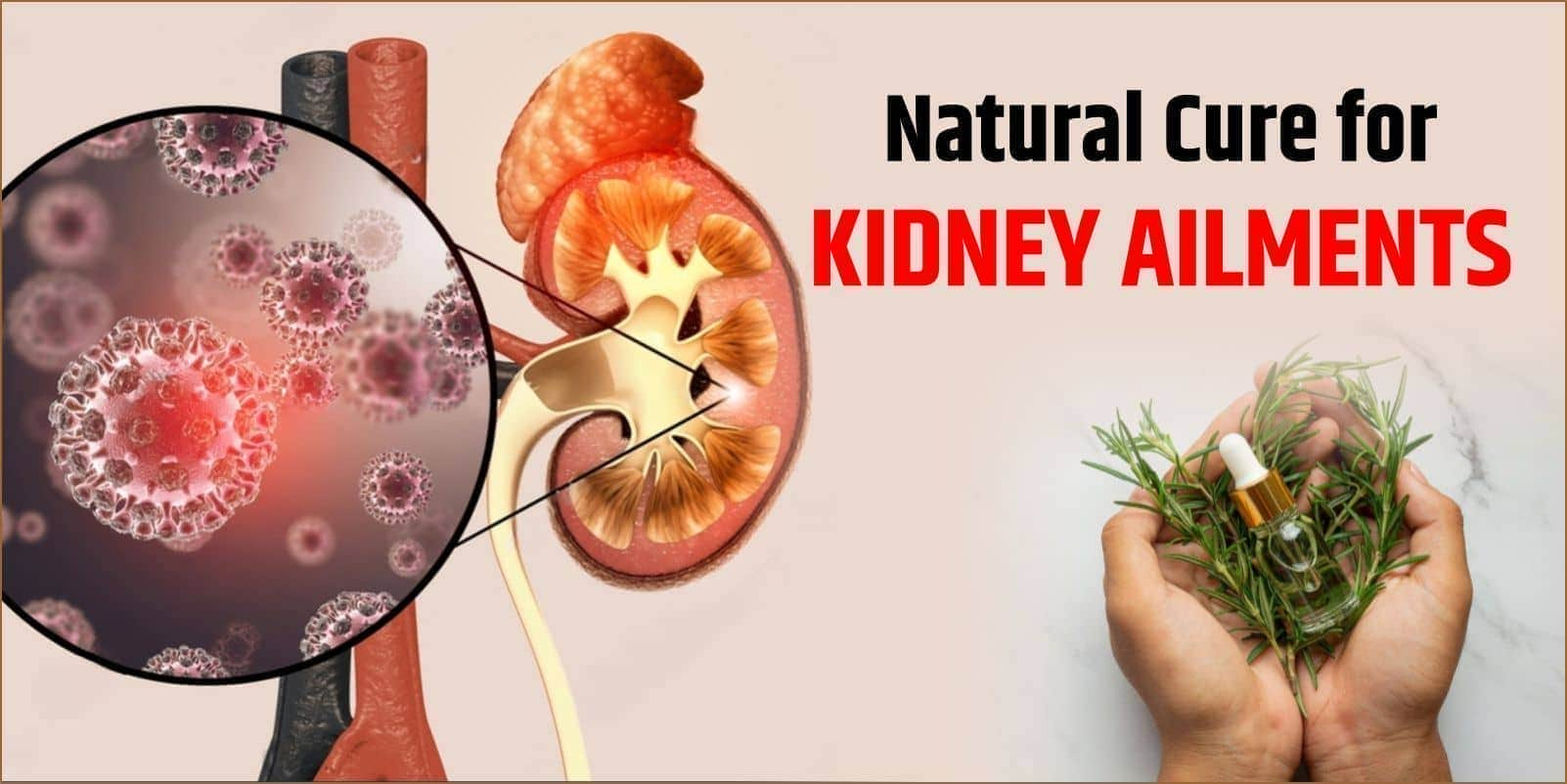
The human body consists of several biological systems, like your brain, heart, liver, and lungs, other important issues working together to keep you alive and functioning. But like your other primary organs, your fist-sized kidneys also share mighty importance to keep you in good health.
We can survive without food for weeks, for three days without water, but cannot stand out for more than 3 seconds if all the blood is drained out from our body. Blood is the life-giving fluid that moves freely throughout your body to transfer essential nutrients and oxygen that your body needs for proper functioning.
The body of an average adult produces anywhere from 400 to 2,000 ML of blood every day, but it’s just a halfway process. It might seem impressive, but it has nothing without kidneys. Your kidneys are in charge of purifying around 200 litres of blood every day that is later used by every cell, tissue, and organ of your body. Therefore it’s your paramount responsibility to keep your kidneys in good health, which can be achieved by eating healthy, drinking adequate amounts of water, and exercise.
Your kidneys filter your blood from chemical toxins, pollutants, and other excessive substances that are no more required in your body. When your kidneys are damaged, the level of the waste product increases in your bloodstream and makes blood thick, reducing the blood supply leading you to multiple organ failures. Your hands, feet, and ankle may swell up, and you will feel tired and weak because of unpurified blood in your body. You can die if you do not get dialysis or a kidney transplant in time.
Studies have shown that people who are obese or overweight are vulnerable to develop chronic kidney complications in life. Obesity is the known cause of many chronic health problems that may also affect your kidneys’ functioning. Obesity increases all the causes of mortality by doubling your risk of having high blood pressure, diabetes, and high cholesterol levels, which may affect your kidneys by reducing the blood supply throughout your body, including kidneys.
However, other environmental and biological factors may interfere with your kidneys’ functioning, including-
Kidney patients at the initial stages won’t feel any visible signs or symptoms, but as the disease progresses with time, they might feel some physical abnormalities that include the following-
As we have discussed, a sedentary or inactive lifestyle can be a primary threat to your kidneys. Most of us are working and spend more than 8 hours of our time sitting at one place in front of the screen. We are tangled up in our monotonous life that makes it harder to be physically fit and active. Don’t worry here we’ve listed sure work ways that you can practice at your office premises to keep you healthy and physically active-
Yes, the diet of kidney patients isn’t normal food; they are often restricted from certain food, beverages, and ingredients that may cause more damage to their kidneys, which are already at the stake of losing it permanently. Kidney patients are prescribed to follow kidney-friendly diets limited in certain ingredients, such as potassium, phosphorus, sodium, and protein, that require extra work by your kidneys to evacuate these substances out from the body. The diet of kidney patients mainly includes-
Foods to eat
Foods not to eat
Kidney failure is a cumulative process that takes a certain period to get visible with time. It’s almost hard to detect kidney failure in time because symptoms are so mild that they can easily go unnoticed in your monotonous life. Therefore, it’s essential to get your urine and blood sample tested to keep in touch with your kidneys’ health. You should see a doctor if you feel any of the following symptoms mentioned above in your health; there might be a strong possibility that your kidneys have stopped working properly.
Yes, the solution lies in nature; this means Ayurveda. Ayurveda is the ancient art of natural healing that has passed down for centuries in India and is now practised worldwide. The kidney treatment in Ayurveda Is based on the formulation of many powerful herbs, leaves, and fruits composed with unique healing ability and promotes healing on the affected area. Like other modern medicines, Ayurveda never directly lands on curing the symptoms; instead, the herbs detect and cure the main drivers of the problems and purvey permanent relief. But Ayurvedic medicines are not magical pills; the treatment also requires a good diet, exercise, and adequate water intake to show their effect. The ultimate goal of Ayurveda is to maintain an individual’s health by inclining them towards healthy lifestyle habits, such as good sleep, a balanced diet, exercise, yoga, and meditation. Doing this will promote healing and make your body responsive to fight against problems that can affect your kidneys’ functioning. For kidney treatment in Ayurveda, you need to look for certified ayurvedic practitioners who are well-informed about every herb and natural remedy.
Disclaimer: This information stated on this page is for knowledge purposes only. The medical advice should be followed only after the consultation of a medical practitioner and also under his supervision. For further advice, you can use this helpline: +91-9821929797 number or visit www.karmaayurvedahospital.com.
"Ayurveda is not just a system of medicine; it's a way of life. Connect with us to embrace a lifestyle that nurtures your body, mind, and soul."

Certificate no- AH-2023-0186
JAN 05,2023-JAN 04,2026